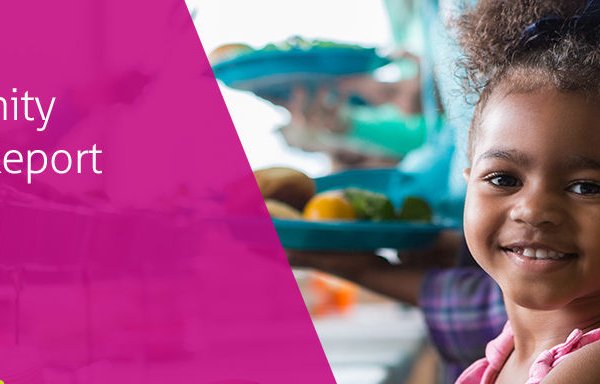We are excited to re-introduce our Thought Leaders series with Dr. Karen L. Fortuna, one of the world’s leading researchers and activists focused on digital peer support and the role of technology in recovery. As a result of COVID-19, technology-enabled peer support has become the norm and vitally necessary to ensure continuity of care. We hope you enjoy our exclusive, virtual e-interview with Dr. Fortuna as she shares her unique insights about the transformation of peer support.
Dr. Fortuna holds a doctorate in social welfare and a master’s degree in social work. She is an Assistant Professor of Psychiatry in the Geisel School of Medicine at Dartmouth College. Her primary research interest is service delivery strategies for older adults with serious mental illnesses and chronic health conditions. Dr. Fortuna is using community-engaged research methods to develop and implement peer-supported mobile health (mHealth) intervention. Dr. Fortuna was awarded a NIMH K01 award (K01MH117496), a NARSAD Young Investigator Grant from the Brain and Behavior Foundation, the Alvin R. Tarlov & John E. Ware Jr. Award in Patient Reported Outcomes, and the Gerontological Society of America’s AGESW Faculty Achievement Award. Dr. Fortuna served on the International Standards Advisory Committee to develop the first-ever international accreditation standards for behavioral healthcare for older adults. Dr. Fortuna also serves on the American Psychiatric Association expert advisory panel on smartphone apps.

Dr. Fortuna led the development of the first digital peer support curriculum to equip older adult peer supporters with the skills and knowledge to offer digital peer support. The Digital Peer Support Certification was co-produced with Dartmouth scientists and peer support specialists and has been found to be an effective knowledge translation training that has shown to increase peer support specialists’ capacity to use digital peer support in practice (http://digitalpeersupport.org/).
And now, let’s hear from Dr. Fortuna!
Magellan: Dr. Fortuna, thank you so much for your time. Can you share what brought you to this field?
Dr. Fortuna: Thank you! My background is in social work. I went into this field because my dad had multiple sclerosis and he was very sick as I was growing up. People treated him like he was different just because he was in a wheelchair. I would say he was marginalized—but, to me, he was always just my dad—not different—not helpless—one of the most amazing and capable people I have ever known in my life. So here I am. Working with peer support specialists that may have at one point in their life been viewed as “different” or “helpless” and I work with peer support specialists to accomplish things they maybe never thought possible.
Magellan: You are recognized as one of the world’s leading researchers into the area of digitally delivered peer support. What drove your interest in pursuing this topic?
Dr. Fortuna: My initial exposure to mental health services began in the first year of a Masters in Social Work internship at the University of Pennsylvania. During this internship, I provided group-based self-management training to adults with a lived experience of a mental health condition and chronic health conditions. During this experience, I was impressed by the severity of disabilities that continued to be present for adults with a lived experience of a mental health condition despite participation in evidence-based programs. I subsequently pursued a volunteer opportunity with Dr. Mark Salzer to learn about efforts to improve the effectiveness of interventions for people with a lived experience of a mental health condition; in addition to being introduced to community-based research and peer support specialists.
As a result, I have developed an understanding of the history of the peer recovery movement, peer perspectives and theories of service delivery—and I saw recovery for the first time. I was sold! Recovery is real! This experience laid the foundation for my research career focused on digital peer support as an innovative service delivery strategy. Digital peer support is defined as live or automated peer support services delivered through technology mediums.
Magellan: One of the hallmarks of your work has been using a co-design approach, working collaboratively with persons with lived experience to inform your projects. Would you share with our readers what co-design is and why you choose this approach?
Dr. Fortuna: Co-design is a partnership in research that promotes shared decision making in all aspects of the research process. Our model, the Peer and Academic Partnership, supports collaboration, engagement, shared decision-making, principles of reciprocal relationships, co-learning, partnership, trust, transparency and honesty. We use this co-design approach because peer support specialists bring new insights and energy to our research that our team believes will lead to the next discovery in the social sciences. Plus, it’s fun! I have an amazing group across the globe that I work with!
This is an excerpt from the Magellan Healthcare eMpowered for Wellness June newsletter. To read the full article, go here.





